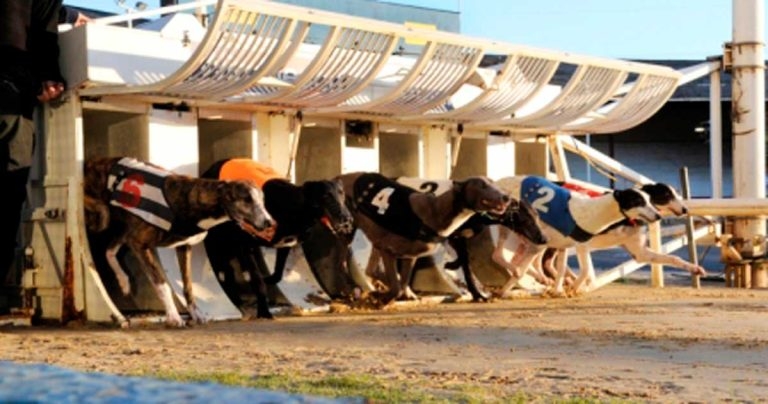24 Feb 2025
A senior vet within the sport is sceptical the move will lead to similar legislation elsewhere, despite critics’ claims the discipline is ‘clearly on the way out’.

Image: © Steve Nash
Veterinary and welfare groups have welcomed “momentous” proposals to ban greyhound racing in Wales.
Opponents of the sport are now urging politicians in England and Scotland to follow suit while pledging to work with its stakeholders to minimise potential impacts.
But a senior greyhound clinician has played down suggestions the move may herald the introduction of similar measures elsewhere in the UK.
The planned ban, announced in a Senedd statement on 18 February, follows a public consultation on animal welfare, in which participants were asked about potential regulatory options for the sport.
Deputy first minister Huw Irranca-Davies said it was “the right time” to act, arguing the consultation had shown the strength of public feeling against the sport and that the idea had cross-party support.
Although no timescales were given, he said he wanted the measure to be implemented “as soon as practicably possible” and that an implementation group would be set up.
He added: “There will be work to do in ensuring the dogs, their owners and those involved in the industry around the racetrack can wind down from this activity while still protecting the welfare of dogs currently within the industry, the local community and the local economy.”
The Progressive Veterinary Association, which has maintained a stance against the racing of both greyhounds and horses since its launch in 2022, congratulated the Cardiff administration on the decision, adding: “Greyhound racing has no place in civil society and is clearly on the way out.
“Hopefully, horse racing will eventually follow suit.”
However, Michael Watts, the Society of Greyhound Veterinarians’ honorary secretary, argued it was “probably unlikely” the ban would encourage other administrations to follow Wales’ lead, despite current proposals for similar measures in Scotland, because the Welsh sector was already small and showing signs of decline.
He said he respected the Welsh Government’s right to introduce a ban, but regretted their decision.
He added: “As a veterinary surgeon employed in the greyhound industry, my primary concern is not winning, or losing; it is the welfare of the dogs involved before, during and after their racing careers.”
Meanwhile, Greyhound Rescue Wales chief executive Tim Doyle said: “This is a momentous day for greyhounds, an ancient and noble breed whose very recent history has been blighted by this cruel and unnecessary gambling product.”
The group is also part of the Cut the Chase coalition, which has campaigned against the sport and released an open letter pledging to support the “care, rehabilitation and rehoming” of affected greyhounds.
But the sport’s governing body, the Greyhound Board of Great Britain, condemned the announcement, which it claimed was influenced by “pressure from the extreme animal rights movement” and would not help to improve greyhound welfare.
The ban proposal was also announced as a working group continues its review of the BVA’s animal sport policy.
A report is expected to be published later this year, and association president Elizabeth Mullineaux said the group was “looking closely at the issue, examining the evidence to ensure a comprehensive and considered view”.